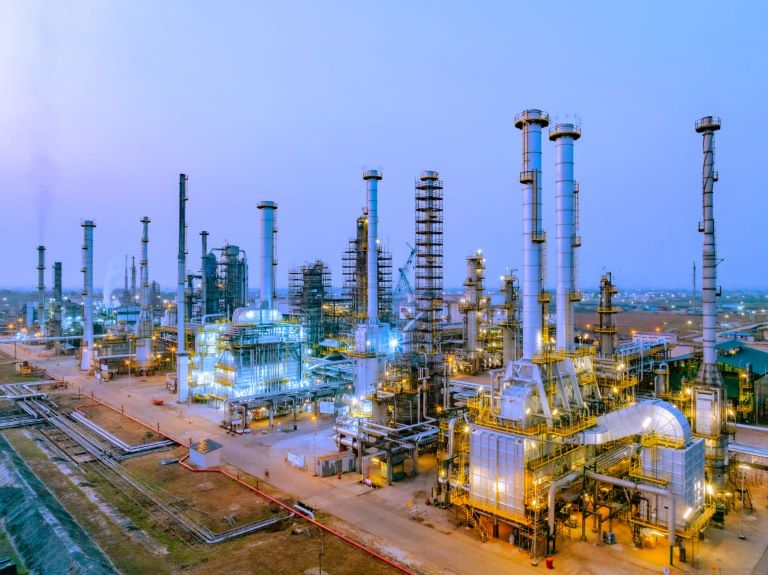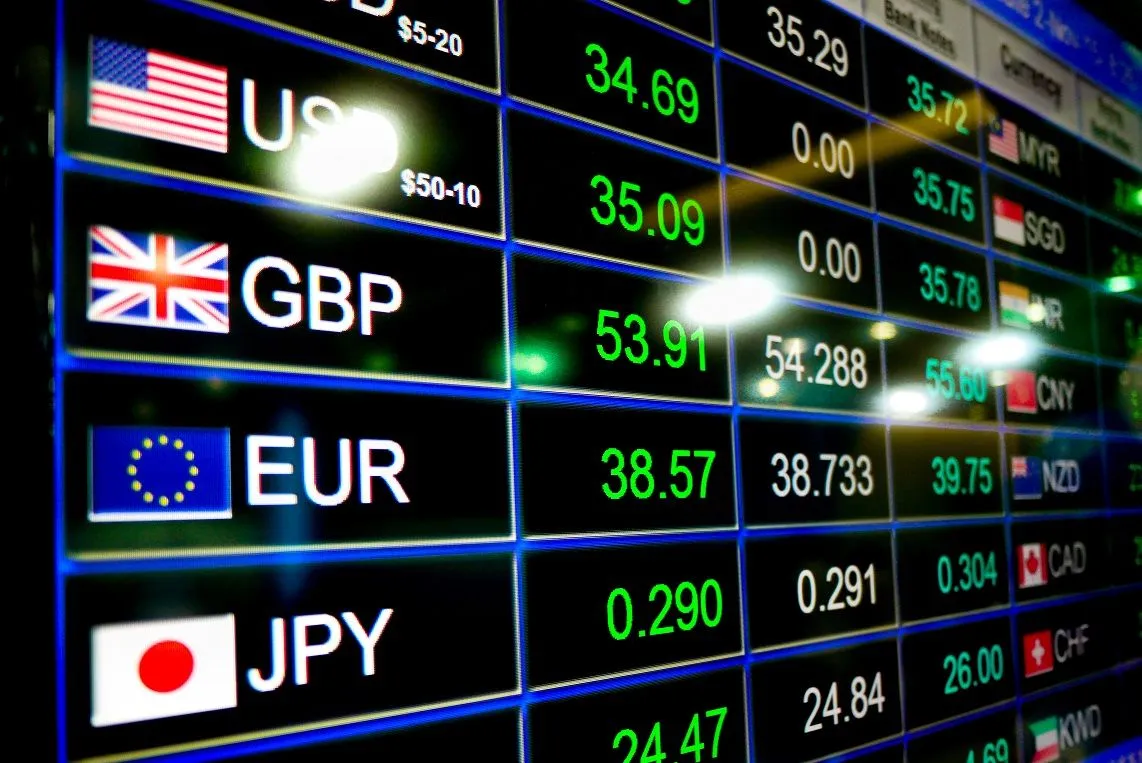The Central Bank of Nigeria (CBN) has reduced the Monetary Policy Rate from 27.5% to 27%.
This was the decision of the 12 members of the Monetary Policy Committee at its 302nd meeting on September 22nd and 23rd.
The asymmetric corridor around the MPR was retained at +260 and -250 basis points to manage liquidity.
CBN Governor Dr. Olayemi Cardoso told journalists the cut was driven by “sustained disinflation over five months, projections of further decline in inflation, and the need to support growth.”
The cash reserve requirement for commercial banks has been lowered to 45%. Merchant banks remain at 16%. A new 75% requirement will apply to non-TSA public sector deposits.
The liquidity ratio stays unchanged at 30%. The standing facilities corridor was also adjusted to strengthen monetary policy transmission.
Inflation And Stability
The Committee said it was satisfied with current stability in inflation, exchange rate, and external reserves.
It noted that disinflation gained momentum in August, recording the highest drop in five months.
According to the MPC, this was driven by monetary tightening, stable exchange rates, improved capital inflows, and a surplus current account balance.
Other factors included “continued moderation in PMS prices and increased crude oil production.”
“The stability in the macroeconomic environment offered some headroom for monetary policy to support economic recovery,” it said.
Liquidity Risks
The MPC, however, warned of excess liquidity in the banking system from fiscal releases linked to higher government revenues.
“Being mindful of the need to preserve macroeconomic stability, members noted the risk posed by excess liquidity,” the statement read.
It added that an effective interbank market remains vital to enhance policy transmission. This led to the decision to widen the standing facilities corridor.
See NBS GDP Report | Read IMF Nigeria Outlook
Link To Economic Growth
Nigeria’s GDP grew by 4.23% in Q2 2025, according to the National Bureau of Statistics. This was stronger than 3.48% in Q2 2024.
Agriculture grew by 2.82%, industry by 7.45%, and services by 3.94%. Industry now accounts for 17.31% of GDP, up from 16.79% last year.
In nominal terms, GDP stood at ₦100.73 trillion, a 19.23% rise year-on-year.
Rate, Like 👍, Comment💬, share this article and Follow us on our social media handles. You can also Submit your own story to get featured and earn rewards!







